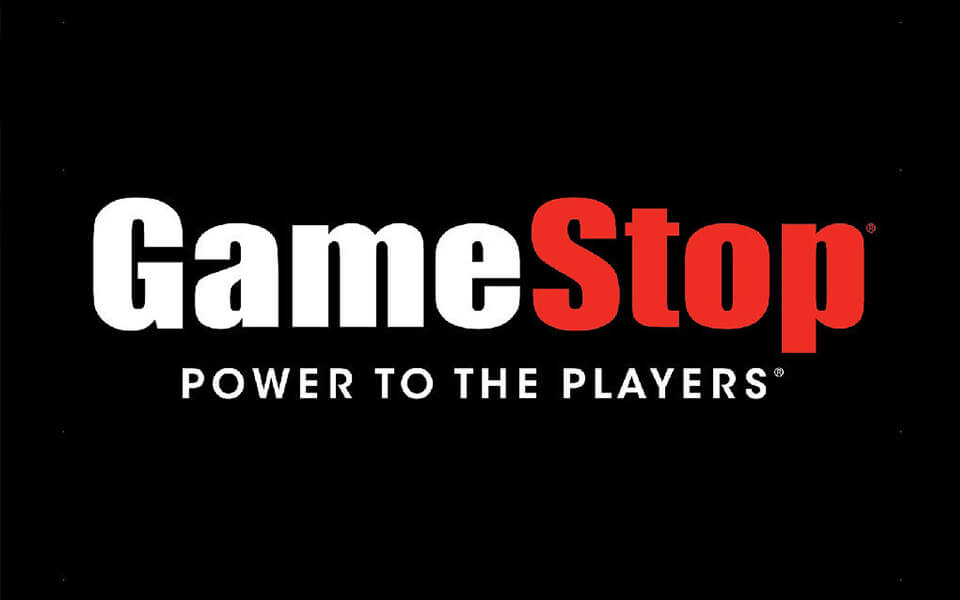
By: Matt Garrott
“A good decision is based on knowledge, not numbers.”
– Plato
By now you have heard of the latest short squeeze. GameStop, a brick-and-mortar retail chain that sells video games and related items has found its way into national headlines. The company’s financials were so poor and its prospects so bleak that it was clear its stock price was too high. The math was undeniable.
Hedge funds began borrowing shares to sell short. That is, they sold the stock at a price they calculated was too high with the assumption that they would be able to buy it back when the market re-priced the stock lower and pocket the difference.
The math was too good. So many traders piled into the trade that at one point more GameStop stock had been sold than was available to trade.
This led to undeniable math of a different kind. The right thing to do was the wrong thing: Buy the stock of a terrible company because speculators had sold more stock than exists and someone would have to do some buying.
Buyers swooped in. Short sellers were squeezed, and weak hands started buying to cover their short. The ‘weak hands’ were actually the ones with the most robust risk management.
GameStop stock exploded higher. The weak hands that closed out their short position at a modest loss now looked smart. The remaining short sellers engaged in a game of chicken which they continued to lose very publicly.
Online brokerage platforms – where this short squeeze was sparked – halted or restricted trading (just buying – you could still sell!) in GameStop and other short squeeze candidates.
As the price drifts lower, the episode seems to be concluding, leaving almost everyone unsatisfied. The shorts lost their shirts. The individual traders who were especially vocal in online message boards and social media brought down a couple of hedge funds, but saw others rescued by trading halts.
Can we learn anything from this?
Some hedge funds were “right” on paper, but lost due to human nature.
It shouldn’t surprise anyone if we find hedge funds on the long side of the GameStop trade once the dust settles. Hedge funds love killing other hedge funds.
The house always wins. Citadel Securities bought RobinHood’s order flow so they can skim fractions of a penny off of every trade. More trades = more pennies. They don’t care whether the stock is going up or down. They win either way.
The halt stopped holders of the stock from buying more, but also kept out the greater fools who come in at the very end of these episodes. Those who bought GameStop near its peak at over $450/share must feel foolish after seeing it trade at less than $100 just three trading days later.
A great thing about investing is you don’t have to swing at every pitch. The real winners here are the people who sat out the trade, content to read about the drama from the sidelines.
Yes, some speculators will walk away with absurd gains. Along the same lines, somebody walked into a Novi, Michigan Kroger last month and bought a lottery ticket worth a billion dollars. We don’t consider either strategy a repeatable wealth-building process.
The headlines read as though this is a new phenomenon, but we all just have short memories. Porsche squeezed short sellers of Volkswagen stock during the financial crisis to such an extent that at one point they were called a hedge fund that also made cars. Volkswagen was briefly the most valuable company on the planet as Porsche applied the “squeeze to infinity”. Nick Maggiulli has a great summary of the original populist short squeeze: Piggly Wiggly from almost 100 years ago.
A wise man once told me, “Beware of pie eating contests where the prize is getting to eat more pie.”. Buyers of GameStop stock hurt the short sellers, but now they own GameStop stock. Play stupid games, win stupid prizes.



